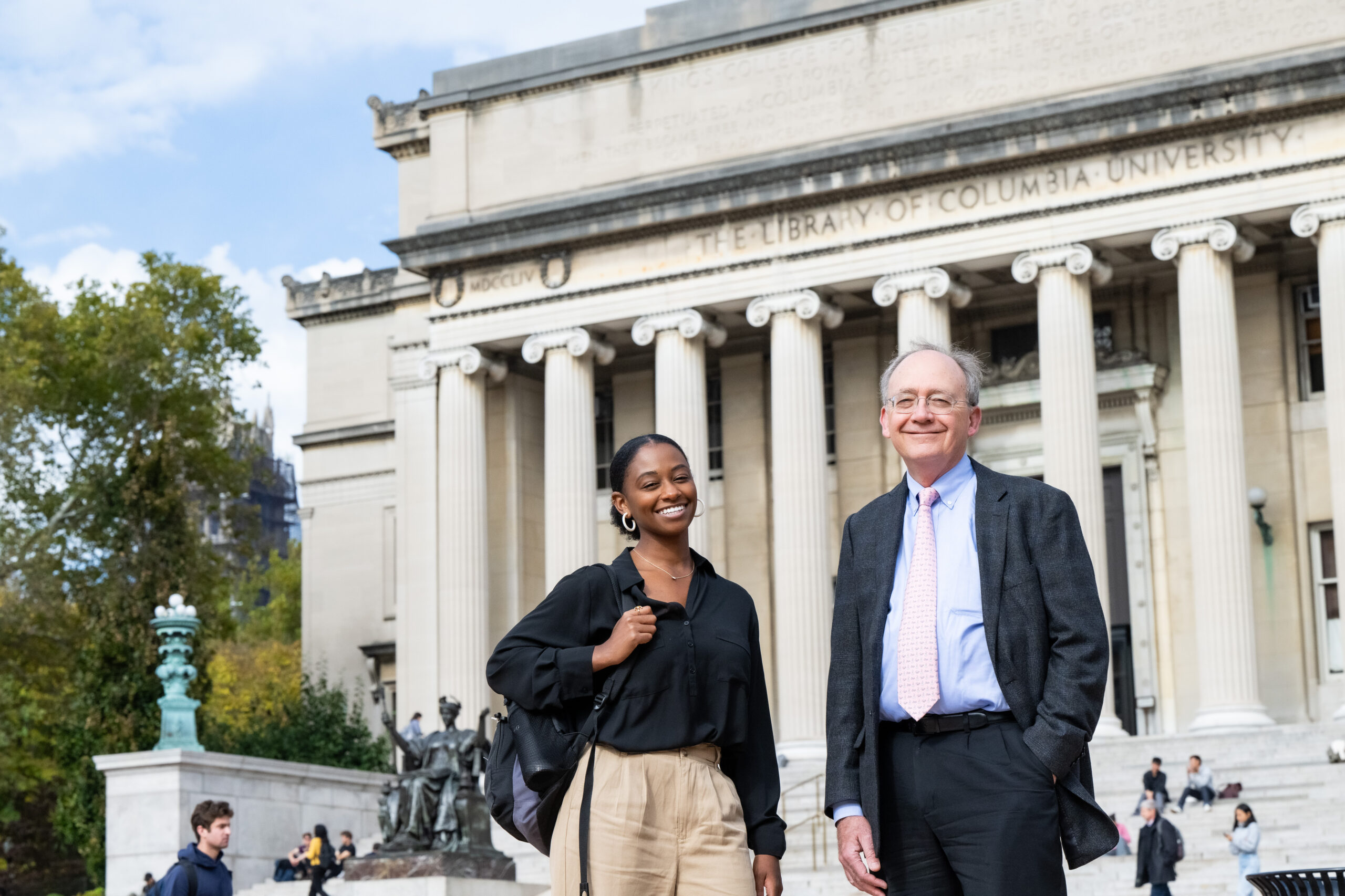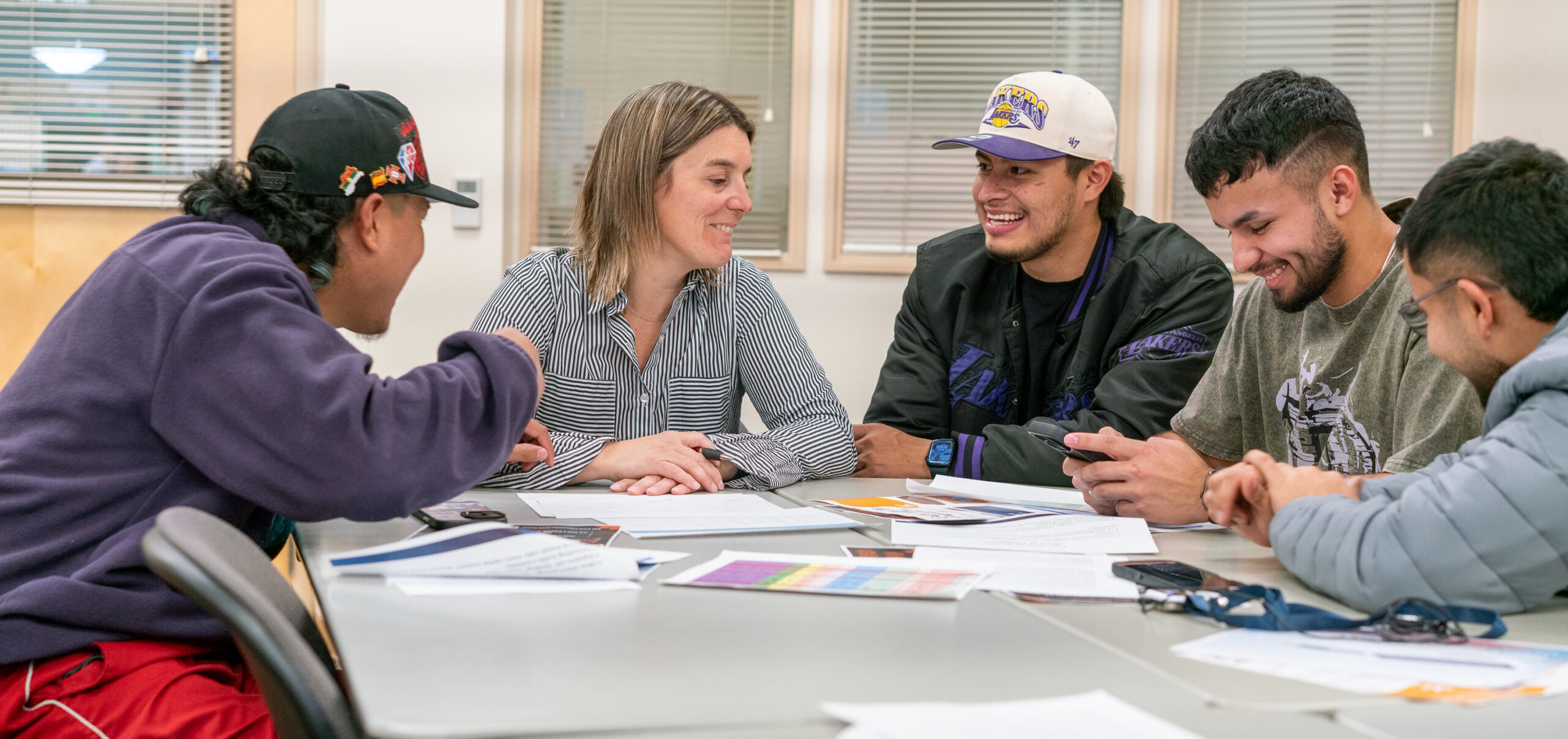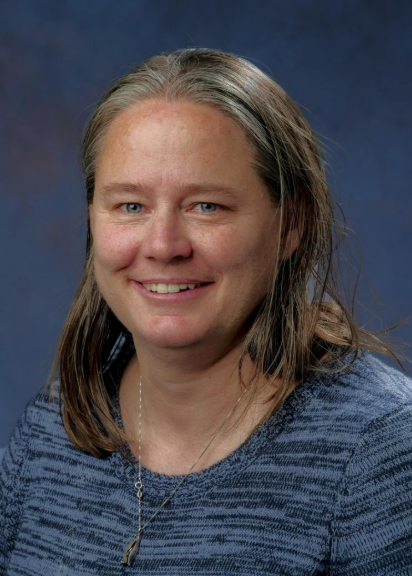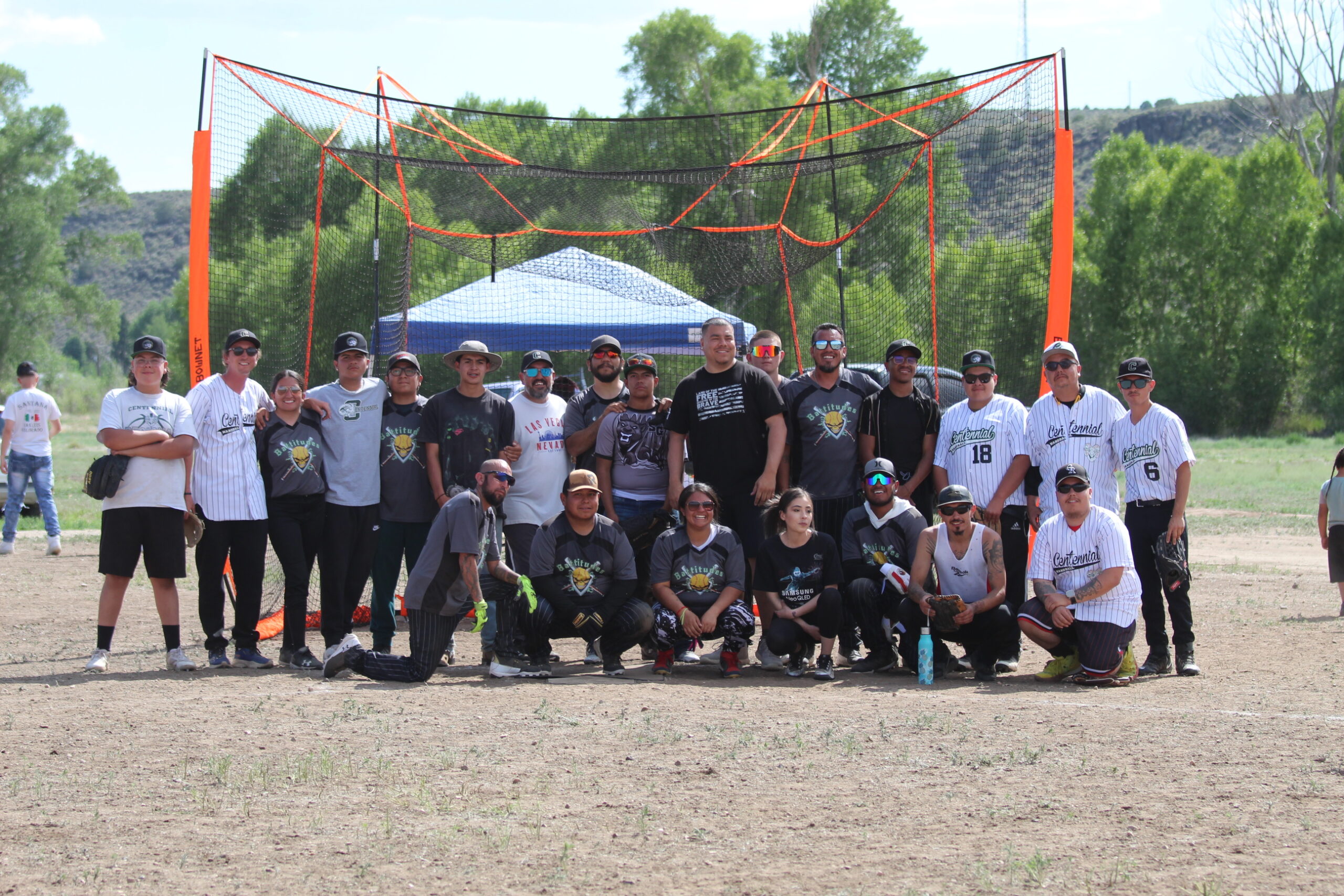What happens when formerly-incarcerated individuals aspire to a purposeful life and meaningful career? Not only will they need to overcome stereotypes and often their own trauma, they also need to develop and enhance their employment skills.
According to the National Institute of Justice, more than two-thirds of released prisoners are rearrested within three years, and more than half return to prison.
One of the biggest barriers to successful reentry is access to employment and a community of support that believes in second chances.
This is the vision behind the Paralegal Pathways Initiative at Columbia Law School. Launched in 2019, this program aims to amplify the talents of formerly-incarcerated individuals by providing skills-based legal training and mentorship.
It was through this program that two Boettcher Scholar Alums, from disparate generations and in New York City, met and bonded over their passion for serving those impacted by the justice system.
Philip Genty (1973 Scholar, from Pueblo) and Morgan Carter (2015 Scholar, from Denver) decided to pursue their respective legal careers – 42 years apart.

They met at Columbia Law School in 2022, where Philip is an award-winning professor and Morgan a second-year law student. Morgan introduced herself at the beginning of a course that Philip was teaching, noting that she was from Colorado. Immediately, the two realized they had two important things in common: the Boettcher Scholarship and a deeply held belief in helping individuals understand their leadership assets, regardless of life circumstances.
“While at NYU law school, I began providing legal services for women in prison,” said Philip. “I saw how important it was to help clients who were struggling to continue being parents and preserving family relationships while in prison. It hit me on a very emotional level. I realized – if I can help clients see their children again, I will have accomplished something very important.”
Four decades later, Morgan attended the University of Denver and was inspired to pursue a career in law that would afford her the opportunity to give back through social justice and community empowerment.
“I am passionate about civil rights, helping people of color, privacy rights and justice-impacted people,” she said.
Now a third-year law student, and the chair of community engagement for PPI, Morgan is applying her learning into action.
“Through PPI you see how the law really impacts people,” Morgan explains. “You are learning alongside the participants and sharing knowledge about the law and professional skills like interviewing. It helps both the students and the incarcerated individuals.”
That’s exactly what Philip envisioned when he helped start the program four years ago.
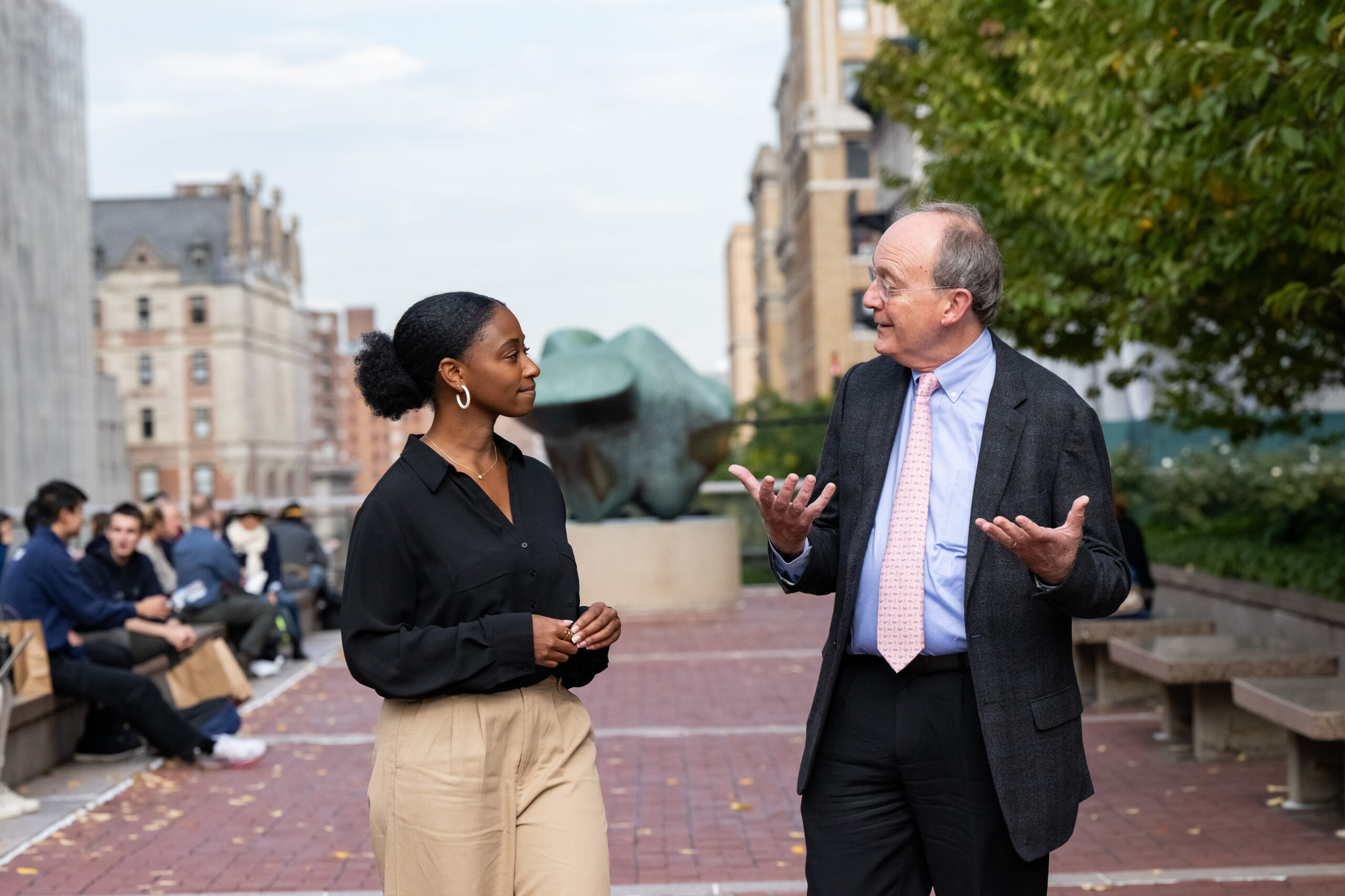
“People in prison are often leaders. They run programs and gain a lot of expertise, but then they get out and suddenly they have so few opportunities, and their talents aren’t recognized,” he said. “We want to provide a vehicle for having those talents recognized so they can leverage those assets and achieve professional goals.”
For both Morgan and Philip, the most important facet of the program is providing a space that is non-judgmental and conveys deep respect for all participants.
Philip notes that Morgan and her fellow law students are involved in all aspects of the program – recruiting participants, attending classes, participating in role-playing exercises, and developing resources to continue supporting those who complete the program.
“Morgan was very comfortable engaging with the participants. She has a genuine commitment to understanding the importance and complexity of the work,” said Philip.
These skills are especially important as students and professors help the participants navigate the challenges of being formerly incarcerated. One common challenge is how to talk about their prison experience and when to bring it up with an employer.
“We try to help them understand that while it’s important to be honest, their experience in prison doesn’t define them,” said Philip.
“It starts on an individual level,” explained Morgan. “Every participant leaves with a renewed confidence and better understands how to navigate the workplace. Hopefully programs like this can be implemented on a much larger scale.”
As fellow Alums, Morgan and Philip credit the Boettcher Foundation for helping to set them each on this path, connected by a leadership and service ethos – from Colorado to New York and beyond.
“Our connection (to Colorado) and the values we learned are now being applied to a different setting and context,” Philip said. “It’s very powerful that we crossed paths through this program.”
Morgan and Philip’s work has a ripple effect on communities beyond the individual participants. It connects talented professionals, despite their background, with meaningful careers so they too can have a transformational impact on themselves, their families, and in their communities.
That’s the spirit of Boettcher.

